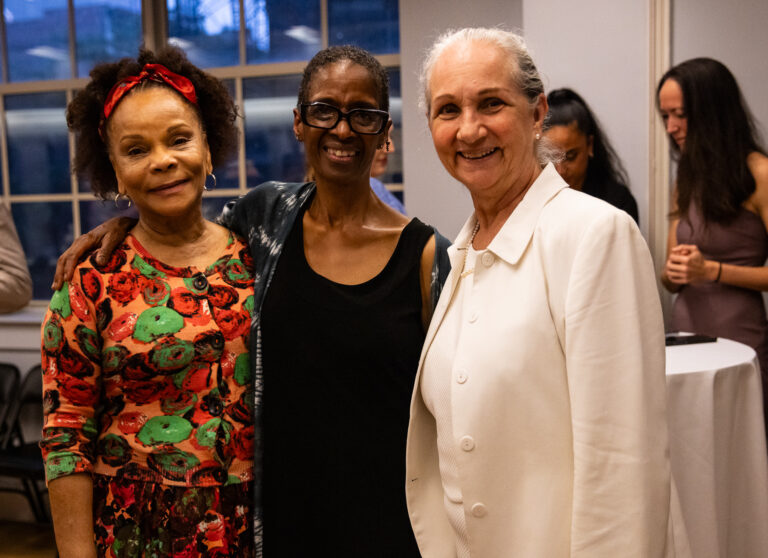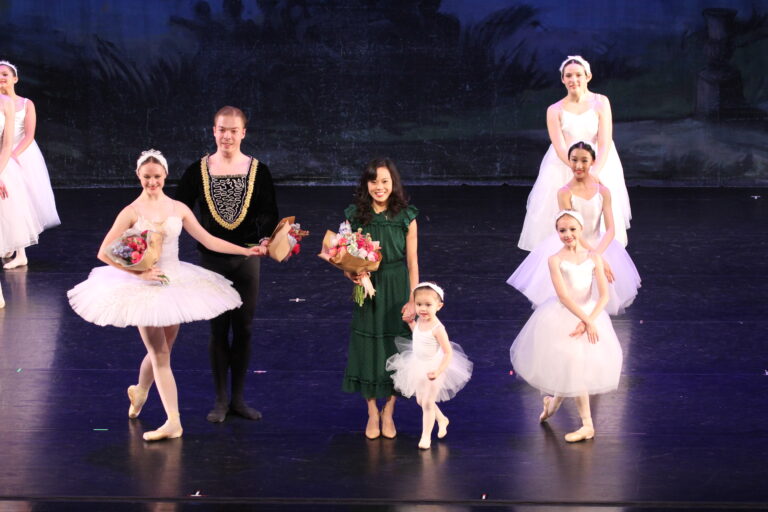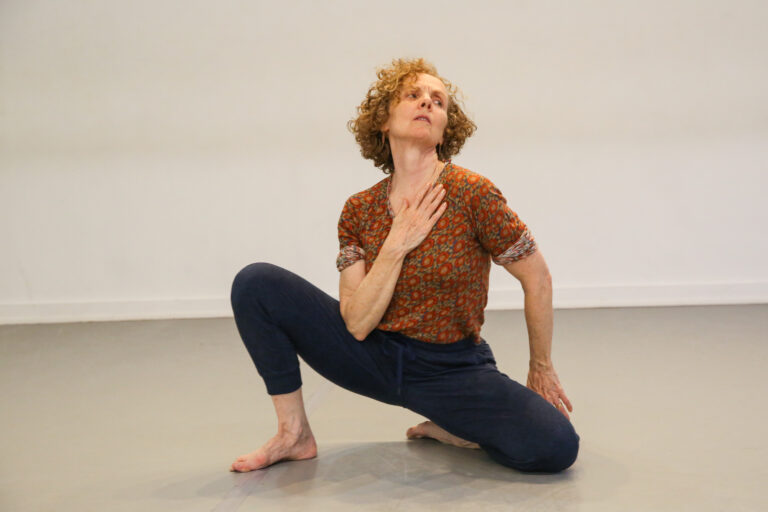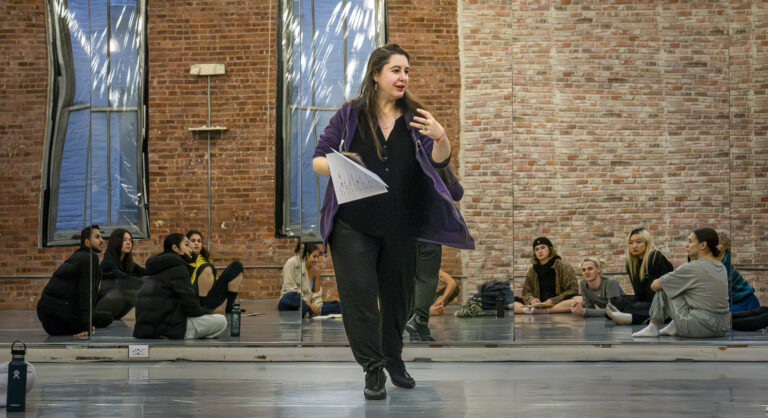
As a young dancer, New York native Chanel Holland trained with multiple prestigious companies, including The Ailey School, Koresh Dance Company, and University of the Arts, but she struggled when attending classical ballet auditions in her early years as a professional. “I wouldn’t get past barre because they couldn’t see past my color, or my height, or my curves,” she says. Years later, Holland was still unsatisfied with the professional opportunities available for Black and brown dancers and decided to do something about it.

Inspired to create change, she founded Chocolate Ballerina Company in Philadelphia. The organization was designed to be a platform to provide free, unsubsidized, affordable, and accessible ballet professional training classes to ages 3 through 30, but since CBC’s founding in 2017, its mission has evolved to include a paid professional performing company, as well as three levels of training programs for dancers up to 18 years of age.
Through the company, Black and brown dancers have access to professional opportunities and dance principal roles in renowned ballets such as Swan Lake and Giselle. “Dancers from all over Philadelphia and the DMV area come to train and perform with Chocolate Ballerina Company because they feel at home,” says Holland, adding, “They’re being embraced and accepted, and feel like they’re enough to take on their principal roles because they’re being casted.”
Holland takes classical ballets and gives them a twist by adding urban pop culture music and movement from a variety of cultures. The annual Nutcracker Dipped in Chocolate, for instance, includes West African, salsa, Horton, dance hall, and reggae, and in place of Russia and China, Clara travels to Brazil and West Africa.
Dance Teacher caught up with Holland between her rehearsals and caring for her 23-month-old son to hear what she has learned about starting a nonprofit and outreach program in Philadelphia.
What do you wish you had known before opening Chocolate Ballerina Company?
I wish I would have known about the 501(c)(3) status sooner. We were operating as a nonprofit, but with status as a for-profit. I was paying for everything out of my own pocket—I was doing Uber Eats, and Instacart, and being a personal shopper, just to keep my business going. I knew nothing about grants and about having a grant writer. I knew nothing about foundations. I was telling myself, “I know in the end this is all going to be worth it.” I now know that being a nonprofit organization opens up doors for people to want to help you and make the finances and labor easier and invest in your dream to make it a reality—I wish I had known that in 2017.

Once you realized you needed to become a 501(c)(3), how did you get started?
I created what we call a “team of excellence.” It’s my personal team for the company. They have experience in other areas, like education and psychology. We have a medical examiner and a lawyer. It started like a board of directors, but it wasn’t a board of directors since we were not a 501(c)(3) yet [not until 2023]. One of the moms whose daughter was in our program said, “Hey, I’m a lawyer and I want to help you get your 501(c)(3), and I will do it for you pro bono ’cause I see the struggle.” [Many parents] were inspired to help, so we created our “team of excellence,” which is a team of sophisticated, professional, African American women who have expertise in several different areas coming together to help this dream that I have become a reality.
How has your outreach program impacted the Philadelphia community?
Our outreach program, which is powered by the Philadelphia Activities Fund, offers free dance classes for ages 3–13. We go to recreational centers and provide free dance classes and free dancewear for the underserved communities. We bring the principal dancers in to share their stories. I ask the dancers “Who has seen Swan Lake or The Nutcracker?,” and some have never seen them before. Most dancers come in with the mindset that ballet is for people that have money or are of a certain race—but they come back, and they keep coming back, and they even become company members that tend to be my leads. The underserved community is a raw canvas full of colorful talent around it. I go into the community and I provide them with this opportunity, and we mold them to build character, discipline, and transparency. It’s like a recruiting tactic, but it’s also a saving-lives tactic, too. We’re saving lives through our arts education programming.

What advice do you have for other studio owners for starting a successful outreach program?
I go to my community and I talk to them. Wherever I want to do outreach, I go there and figure out what they need. I almost do it as if I’m running for mayor and I’m not. I talk to as many people as I can. What are their experiences living here? What things have transpired? What things make them feel great? Outreach is all about what the community needs. Anything that is community-based only lasts because the community believes in it.





